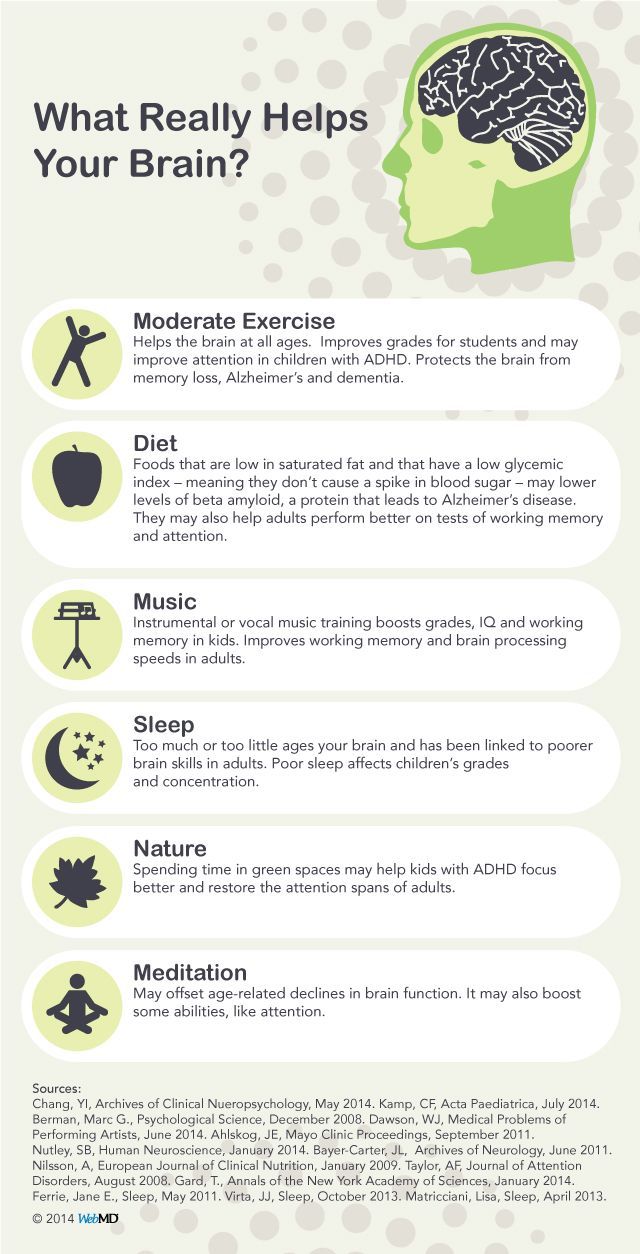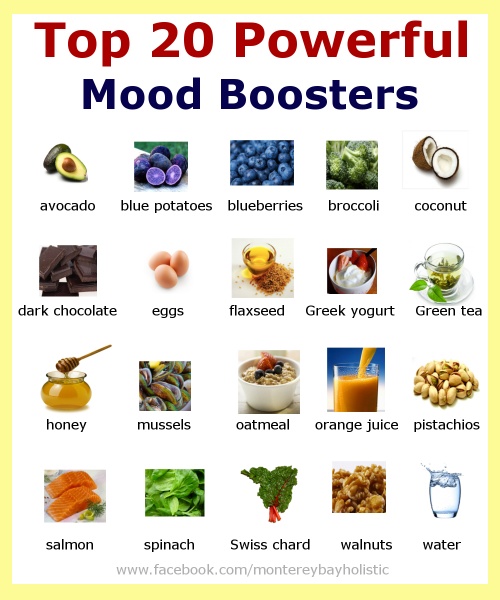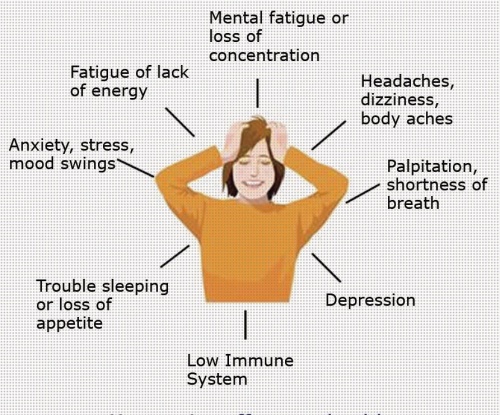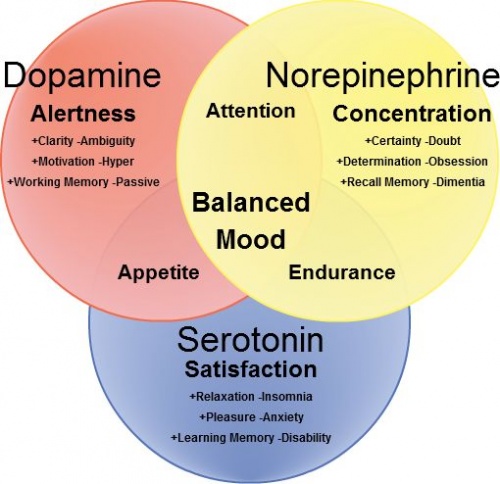A neuroscientist, Dr Tara Swart, explains the 5 most effective methods to keep your brain healthy. Nutrition The top 5 brain-friendly foods are salmon, avocado, eggs, nuts and seeds, coconut oil and olive oil Although your brain only weighs 2-3 kilos, so its a tiny percentage of your body weight, it sucks up 20-30% of the breakdown products of a healthy balanced diet. So glucose…

5 Methods to Keep Your Brain Healthy

Talks on Mood Disorders and Stress Management

Lifetime Psychology Club

7 Natural Ways of Boosting Your Mood
1. Sunlight. Vitamin D plays many roles in your body, including promoting serotonin production. Bright light through your eyes also increases serotonin activity 2. Exercise is a natural mood lifter! Exercise gives you endorphins. Endorphins make you happy. 3. Sleep 8 hours. Sleep = repair. When we feel rested, we’re happier people. 4. Schedule some downtime. When we’re stressed and overwhelmed, our moods tend to be…

Foods and Beverages That Help You Feel Good
6 Tips for Foods and Beverages That Help You Feel Good 1. Seek out foods rich in vitamin B12 and folic acid (folate). Folic acid (folate) and vitamin B12 appear to help prevent disorders of the central nervous system, mood disorders, and dementias. Folic acid is usually found in beans and greens. Vitamin B12 is found in meats, fish, poultry, and dairy. dishes that feature…

Symptoms of Low Serotonin Levels
Because serotonin has a profound effect on the central nervous system and also on the cardiovascular and musculoskeletal systems, low levels of serotonin can cause some very serious effects. The symptoms of low serotonin levels can be classified under two headings: physical and emotional. Physical Symptoms of Low Serotonin Levels Chronic, persistent fatigue – this happens even though the sufferer is fully rested and is…

Mood and Neurotransmitters
NEUROTRANSMITTERS are the brain chemicals that communicate information throughout our brain and body. They relay signals between nerve cells, called “neurons.” The brain uses neurotransmitters to tell your heart to beat, your lungs to breathe, and your stomach to digest. They can also affect mood, sleep, concentration, weight, and can cause adverse symptoms when they are out of balance. There are two kinds of neurotransmitters…

Parent’s Talk: Building Resilience in Children

Teen’s and Parent’s Talk: Understanding Your Teen’s Stress and Emotional Health

